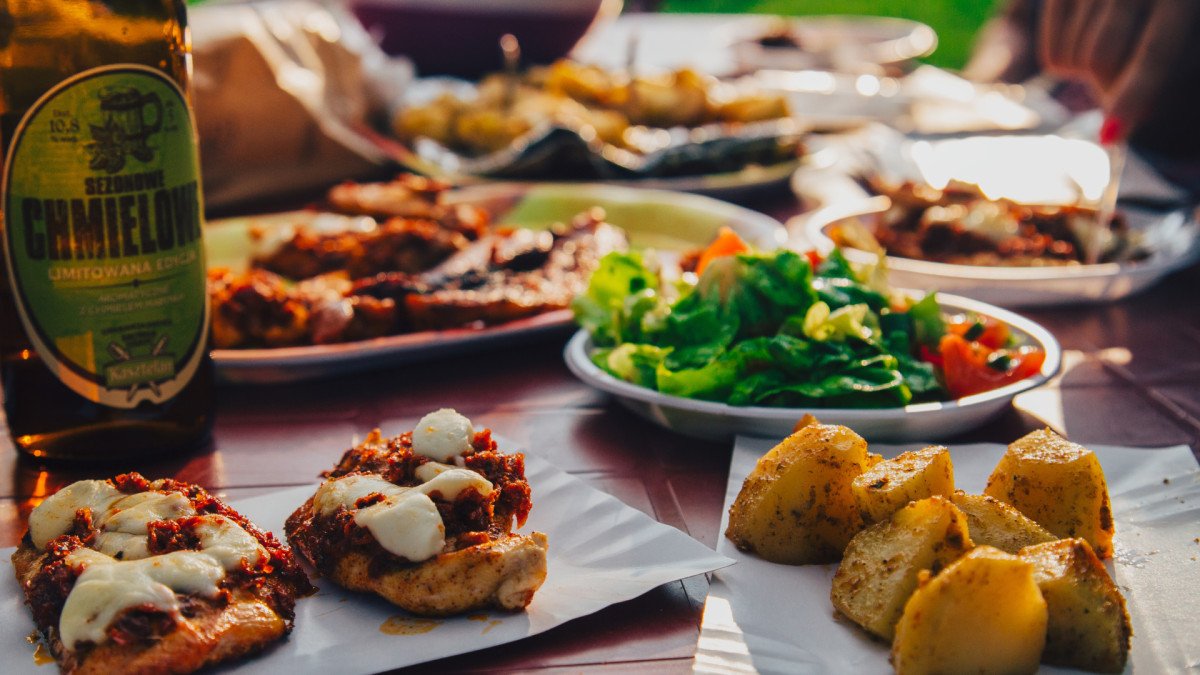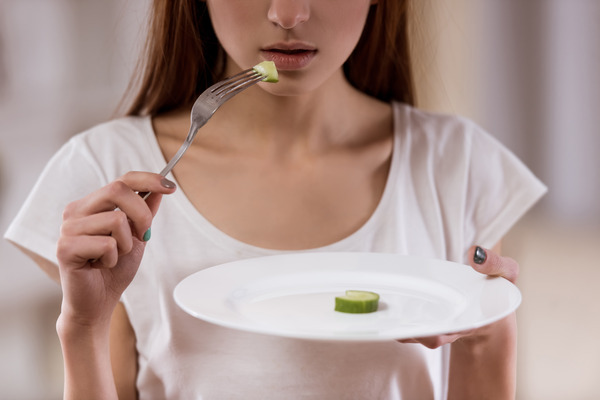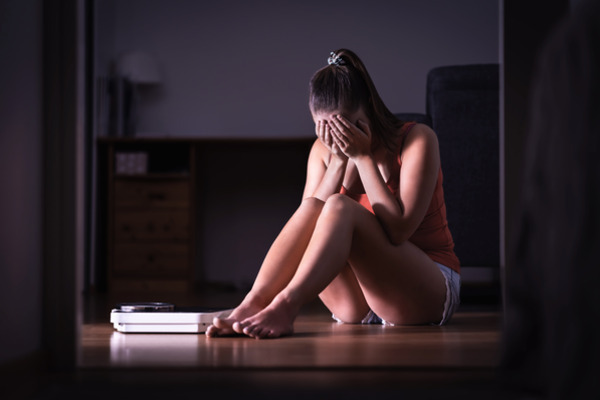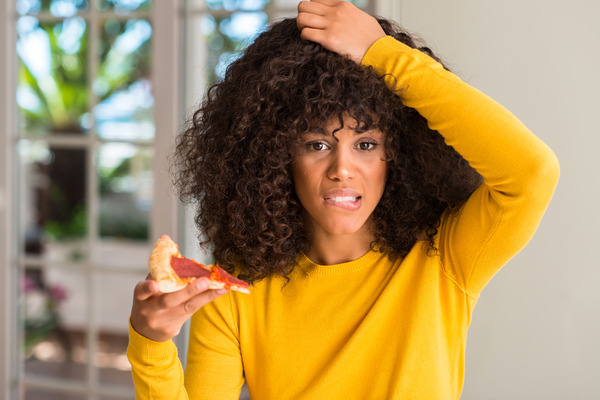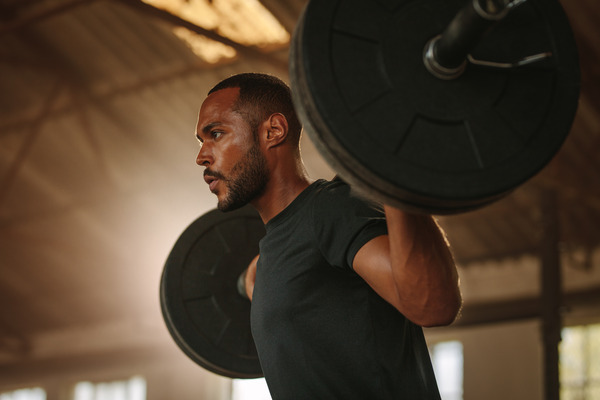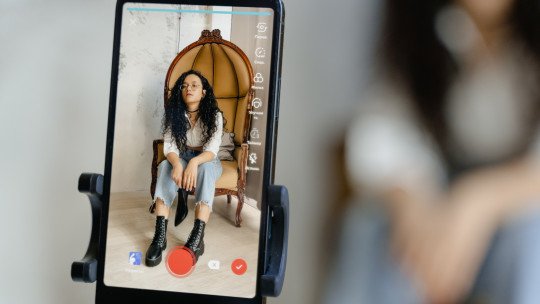
TikTok is one of the most recent social networks and, however, it is one of the most popular, especially among the youngest. Part of its success is due to its algorithm, which is responsible for ensuring that personalized content appears for you.
This can be an advantage, but also a danger, because you can become obsessed or unable to avoid certain content. For example, profiles on diets, food, body careetc., which encourages continuous comparison between these people and our own body, and developing a bad relationship with food.
How does TikTok influence EDs?
In this way, TikTok influences eating disorders, characterized by persistent eating problems and physical self-esteem problems. Therefore, in this article I explore how TikTok influences eating disorders, breaking down this social network into different characteristics that are prone to causing psychological damage.
1. A showcase of unreal bodies that sets trends
It is very common on all social networks to edit images and videos to show perfect bodies and use beauty filters offered by their own. apps. Added to this is that a large part of the influencers Most popular in this type of content have been operated on under cosmetic surgeries.
Although many of us are aware that these contents show bodies that are not natural, they are still harmful by showing a perfect image, which we would like to aspire to have. The new beauty standards are set by social networks and influencers, and we cannot avoid comparing ourselves and highlighting our own flaws. This leads to self-esteem problems, negative upward comparison and body dissatisfaction, which are predisposing to suffering from an eating disorder.
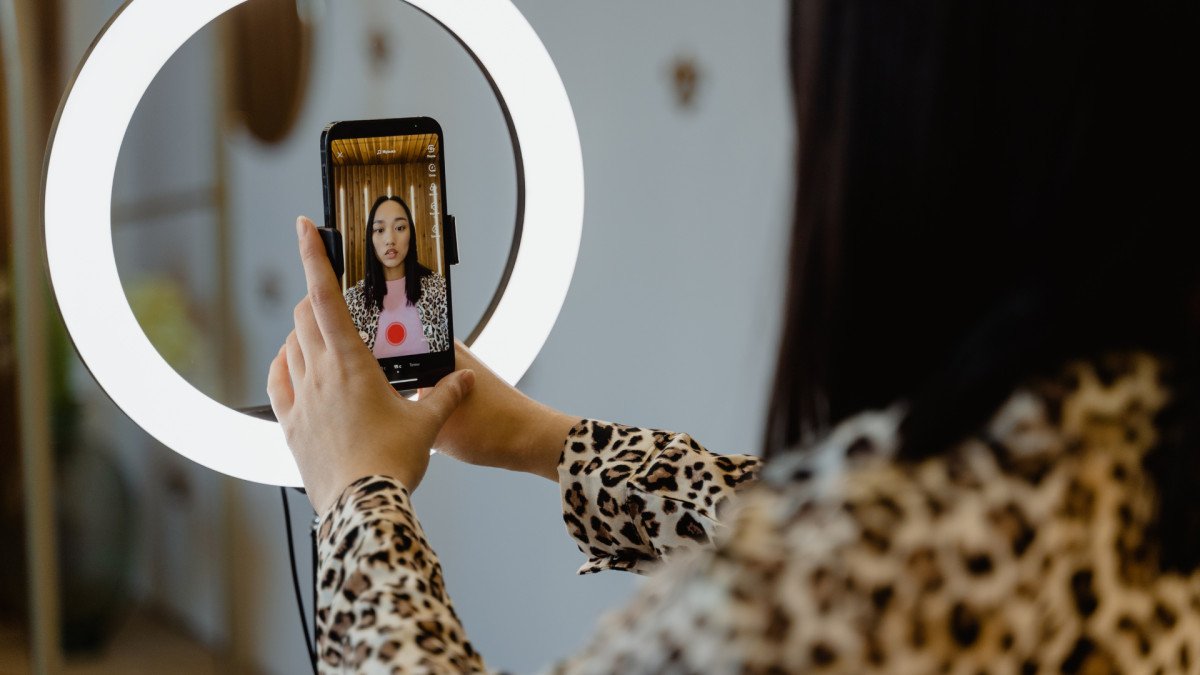
2. Content that promotes thinness from ignorance
In recent years, videos that give advice and make tutorials for leading a better life have become very popular. fitness and lose weight with a multitude of diets. This would not have to be a problem if these contents had the real intention and function of promoting healthy lives.
However, the majority of people who have uploaded this type of content are far from being professionals who can give advice based on knowledge of body health. These people usually talk about their own experience and show their own beauty routine, so they cannot be generalized.
Each body is different and not everyone can use any diet. The power that they have acquired influencers It is very dangerous, due to its own misinformation. Among the methods they teach, there are atrocities, such as very strict meal routines, detox extremes and high physical activity, which only tone parts of the body that appear beautiful within the canons of beauty.
All of these behaviors are what are called in psychology restrictive or compensatory behaviors in eating disorders, which are basically used to achieve and maintain the obsessive idea of being thin. These videos can give ideas or encourage symptoms of eating disorders, such as anorexia and bulimia.
3. The beauty canon of thinness leads to body shaming
Many influencers They do not look for healthy bodies, but rather they want beautiful bodies, and hence their radical methods to find thinness, which they always promise to achieve in a few days. There are even hashtags like #thinspo or #fitspo to easily find these contents. But have you ever wondered why it is fashionable to be thin?
In reality, beauty standards depend a lot on the era. In this way, they have varied throughout history, depending on who had power at a social level at that time, despite the fact that beauty is totally subjective (including the concept of thinness itself). Today, these powerful people are the influencers.
They are not to blame for this. influencersbut they do have a certain power to modulate it, since social networks have become the reflection of what our lives have to be, but many do not take advantage of this social power in a responsible way. Again, part of the danger that influencers set the standards of beauty.
Furthermore, establishing that the canons of beauty are thin bodies in turn encourages fatphobia and body shaming, that is, to mockery and criticism towards people who do not fit into those canons. Because of this, social networks, including TikTok, are full of offensive comments towards people who upload content and do not have a body considered “normative.”
As is often the case, ignorance and misinformation often end in hatred. Obviously, the body shaming It causes a serious psychological impact on those who suffer from it, generating discomfort that can enhance symptoms of eating disorders such as bulimia or binge eating disorder.
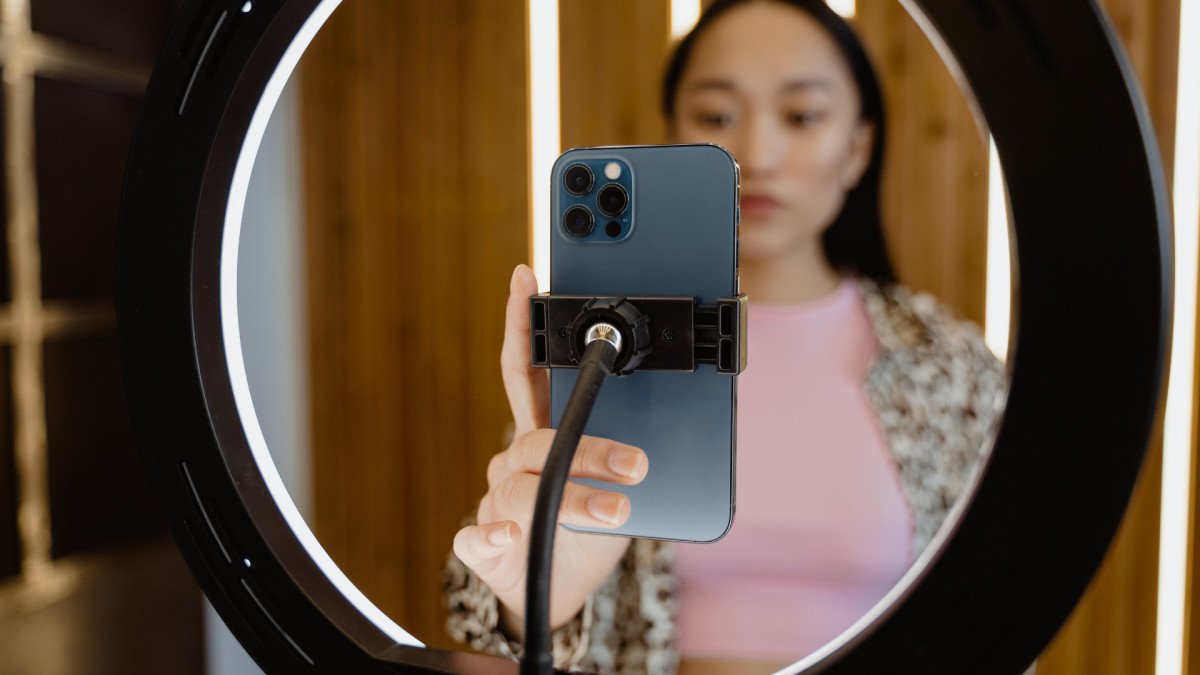
4. The algorithm and automatic video playback
As I mentioned before, TikTok is not only harmful to our mental health due to the content that appears on this social network and its influencers, but it also has special characteristics itself, which make it dangerous. On the one hand, there is the famous algorithm.
TikTok uses an algorithm that allows content to appear that may interest you, depending on the activity you have in the application itself. That is to say, It depends on whether you have liked it, if you have commented, if you have stayed watching the video or have moved on to the next one or if you have shared the video.
This algorithm is a psychological trap: you just have to watch videos like “How to lose weight in 10 days without effort” a few times and like them, so that they start appearing every now and then. This can create obsessive ideas in us about what we have to do with our body to stay thin, as occurs in eating disorders.
On the other hand, TikTok has the essential feature of automatic video playback: when you watch one and it ends, the next one plays immediately. This quality makes it more addictive and gets us hooked on content that we were not initially looking for (so that it feeds the algorithm).
What’s more, the influence of TikTok on eating disorders has recently been analyzed. It has been confirmed that active participation in content related to physical appearance and food increases the rate of appearance of content of this style. This, in turn, increases upward comparison to the bodies featured in these videos, leading to increased eating disorder symptoms.
What to do about the danger of TikTok for eating disorders?
TikTok and these accounts that promote thinness as a canon of beauty and body shaming, as well as the rest of similar content on other social networks, are a real danger to the psychological well-being of the majority of society. They create patterns of behavior, ideas and needs that are often unhealthy.
That is why the management teams of social networks themselves should implement measures that regularize this type of content. For example, Instagram has banned certain hashtagsas #thinspo. Instead, A message appears advising you to ask for help if you are going through a difficult time, and gives different options for this. This measure is very good, but it is only a drop in the ocean. It would be interesting to continue on that path.
On the other hand, awareness about mental health and these dangers of social networks should be increased, with campaigns at an educational, social and political level. And not only to society in general, but especially to those who have this power to influence: the influencers.
Fortunately, not all influencers are unaware of this problem, and there are many who encourage the body positive (the love and empowerment of any body type) and the body neutrality (the neutral vision of the body, in which it is not necessary to always be comfortable with our body). There are especially good accounts in this line, such as @marinallorcag, @prettyandole and @paulefdz. I recommend you follow them!
